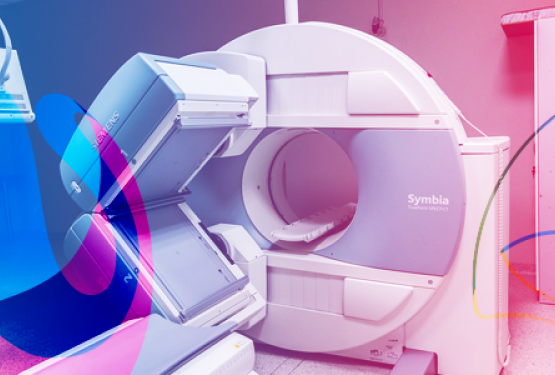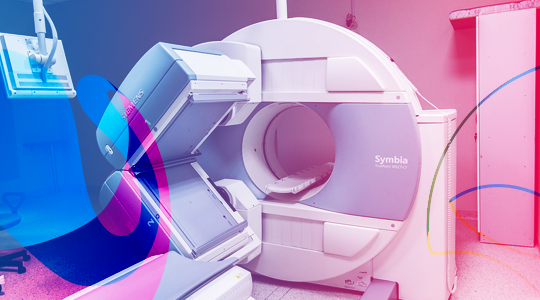Hospices Civils de Lyon is a French University Hospital Center (CHU). It employs a staff of 23,000, with 5,000 doctors and over 11,000 medical personnel.
HCL comprises 14 buildings, including three hospitals providing emergency, medical and surgical services across a wide range of disciplines, seven specialized institutions and four geriatric facilities.
As a hospital and university hospital center, Hospices Civils de Lyon has several fundamental roles and its staff embodies the values of public hospitals.
Center features
Care
It involves providing all patients, without exception, with access to care 365 days a year and 24 hours a day. Thus, the provision of assistance is based on:
treatment of common diseases
treatment of rare diseases or diseases requiring a high level of medical expertise. HCL coordinates several national referral centers (rare lung disease, cystic fibrosis, rare kidney disease, rare sexual developmental disabilities, etc.).
Education and training
More than 1,850 medical students, dentists and pharmacists and more than 750 medical trainees
Almost 1,600 medical professionals are trained in 11 schools and institutes every year: nurses, radiologists, midwives and health managers.
Study
The University Hospital Center contributes to research and innovation in the medical sector by collaborating with the Claude Bernard University of Lyon, scientific and technical government bodies or stakeholders in the private sector (pharmaceutical laboratories, biomedical technology developers, etc.).
Certification
The certification process for healthcare facilities is compulsory in France. Its purpose is to assess the organization, operation, care-related practices and respect for patients' rights.
The certification is carried out every four years by the French National Health Authority (HAS) and covers activities that have a direct or indirect impact on patient care: clinical, administrative, logistics services, etc.
With grades from A to C, Hospices Civils de Lyon became the first CHU in France to receive such a high level of certification. To date, no other French hospital has exceeded the C level.
Education
One of the roles of the university hospital center is the transfer of know-how. Therefore, HCL plays an important educational role in the fields of medical, pharmaceutical and dental research.
Every year HCL participates in training:
1,850 students and 750 medical trainees, pharmacists, and dentists, as well as future midwives. Thus, Hospices Civils de Lyon collaborates with the Lyon Est Faculty of Medicine, Lyon Sud Faculty of Medicine, the School of Dentistry and Pharmacy, and the Technical Institute for Rehabilitation.
1,600 medical workers (nurses, radiologists, health managers) are trained in eleven schools and institutes.
Study
Research, a vital responsibility of any university hospital center, is a key area at Hospices Civils de Lyon. It is renowned for its high professional level and an extremely rich scientific and technological environment.
Hospices Civils de Lyon, in particular, is at the forefront in the following areas:
Aging, moral instability, neurodegenerative diseases
Infectious diseases
Cancer
Healthy eating
Pediatrics
Heart, lungs, metabolic disorders
Transplantation
Numerous clinical trials are underway to provide patients with innovative treatments that are not used anywhere else.
HCL has exceptional resources, thanks to the number of researchers, support and partnerships with other entities, and advanced equipment that helps to achieve excellence in research.
Research structures and partnerships
At Hospices Civils de Lyon, the teams are brought together by the Department of Clinical Research and Innovation (DRCI). The strategic advice defines and implements the goals of further research.
Consultation formalities
If you are visiting the center for the first time, you must bring the following documents:
Valid photo document for your medical safety (ID, passport or residence permit)
Your medical records: letter from your doctor, X-rays, test results, etc.
Payment method (check, bank card or cash)
If you are a citizen of the European Economic Area: Form S2 for scheduled consultation or European Health Insurance Card for emergency consultation





